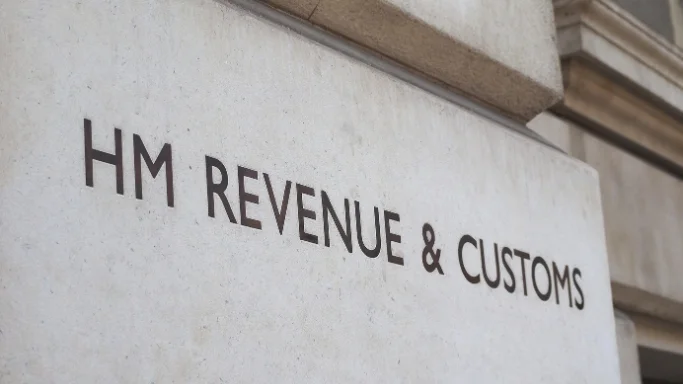
Historical Background of Making Tax Digital (MTD)
The emergence of Making Tax Digital (MTD) constitutes a significant milestone in the history of the United Kingdom’s taxation system. This article explores the historical background of MTD, offering an insightful journey from its inception to its current form. Understanding this evolution is critical for individuals, businesses, and society, as it offers a comprehensive understanding of HMRC’s digital reporting shift. The narrative herein will teach you about MTD’s roots, significance, and ongoing impact.
The Genesis of MTD: What Led to Its Creation?
Before we delve into the creation of MTD, let’s briefly define it. MTD is a UK government initiative to make it easier for businesses and individuals to manage and pay their taxes online.
The seeds of MTD were sown in the 21st century with the recognition of the digital revolution’s potential to streamline and improve tax administration. The initiative aimed to end the traditional, often cumbersome, paper-based tax system and move towards a more efficient digital format.
In 2015, HMRC launched a roadmap that outlined its vision for MTD. The driving force behind this initiative was to create a tax system fit for the digital age. This vision was based on research and dialogues with businesses, tax agents, software developers, and the general public.
Why was MTD Considered Necessary for UK Taxation?
As the 21st century dawned, the volume of data that HMRC was dealing with grew exponentially. The existing system, heavily reliant on manual input and paper records, struggled to keep pace. There were a wide variety of tax-related errors due to the existing system’s inefficiency, making it evident that a change was necessary.
MTD was considered the answer to these problems. The UK government intended to create a more streamlined, efficient, and accurate system. This new system would also provide taxpayers with a more up-to-date picture of their tax position under their obligations.
How Did MTD Develop Over the Years?
MTD didn’t become a reality overnight. The journey to implement MTD began in earnest with the 2015 roadmap. In 2017, a pilot programme was launched to test the new system. By 2019, MTD for VAT had been officially implemented, mandating VAT-registered businesses with a taxable turnover above the VAT threshold to keep digital records and submit VAT returns using MTD-compatible software.
In July 2020, the government announced further plans for the MTD’s expansion. The roadmap stated that by 2022, all businesses and landlords would report their income tax quarterly through MTD. This timeline has since changed.
How Has MTD Impacted UK Businesses and Individuals?
MTD has been transformative. While initially met with some resistance, businesses and individuals began to recognise the benefits of a digital tax system over time. Not only has MTD improved tax record accuracy, but it’s also provided a clearer real-time view of tax obligations, aiding better financial planning.
Many businesses have appreciated the efficiency that comes with the digitalisation of tax records. Once spent on administrative tax tasks, time and resources have been freed up, allowing more focus on growth and development.
Key Takeaways
- MTD was introduced to create a tax system fit for the digital age.
- The initiative aimed to decrease errors in tax reporting and provide a clearer view of tax obligations.
- The roadmap for MTD began in 2015, and the system was officially implemented for VAT in 2019.
- The impact of MTD has been transformative, bringing efficiencies and increased accuracy to businesses and individuals.
- The journey of MTD continues, with plans for further expansion into all areas of tax reporting.
Understanding the historical background of Making Tax Digital helps us appreciate the progress made in the UK’s taxation system and how it impacts businesses and individuals in the modern age.


Request a call back
Let us know when you would like us to call you back by filling in this form:
Our 5 Star Reviews



Latest News

Making Tax Digital 2023: MPs Criticise Delays and Complexity
Explore the challenges and impacts of the UK’s Making Tax Digital initiative, including delays and the cost burden on taxpayers.

Making Tax Digital: Small Business Review
Making Tax Digital Small Business Review 2023: Understanding the Basics and Preparing for Change Introduction to Making Tax Digital (MTD) Since 1948, Jack Ross Chartered

Making Tax Digital: The Rising Costs and Challenges
Making Tax Digital: The Rising Costs and Challenges Introduction Making Tax Digital (MTD), the ambitious initiative by HM Revenue & Customs (HMRC) to digitise the
